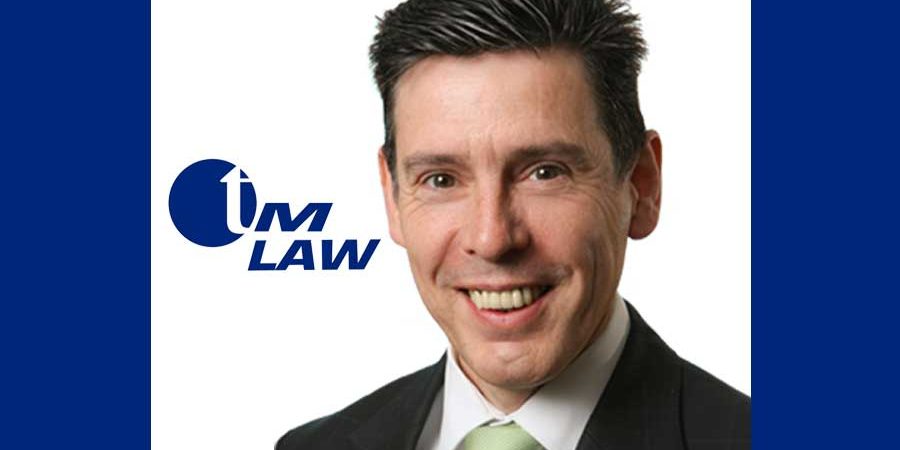Here is an article from the Association of personal injury lawyers(apil) publiction on consultation they had with the government about the compensation culture myths- makes very interesting reading! Enjoy !
APIL has two important goals – firstly we strive to influence decision makers, and secondly we won’t tolerate inaccuracies and myths being perpetuated. It is therefore no surprise that one of last month’s meetings was with Jack Straw, in an attempt to get him to see the other side of the coin. Pointless, I hear you say, but it is important that we don’t let his comments pass unchallenged.
Jack has a mindset and an understanding informed by the views of the insurance industry, but certainly showed a willingness to at least listen to other points of view. We were able to correct him on a few points: for example, he thought that the number of accidents reported to the police was a good reflector of the number of accidents where an injury had occurred. We were able to explain that, in fact, this represents only a fraction of injuries – the number of accidents reported to the police last year was around 150,000 resulting in around 200,000 casualties being reported. The Department of Transport figure, however, is that the true number of casualties last year was around 700,000. Many, many accidents are not reported to the police and are dealt with solely by insurers. This is useful in putting whiplash statistics into context.
Jack is, however, firm in the view that whiplash shouldn’t be compensated. He feels any injury from which you recover in a relatively short period of time should not be compensated, preferring the ‘grin and bear it’ approach. We believe that whilst it may be ‘hurt’ rather than ‘harm’, if you have been hurt at the hands of another you still deserve to be compensated. We explained that up to one third of whiplash injuries result in a chronic condition that recurs throughout a victim’s life time, and he had some sympathy with these victims.
He holds the same view with regard to trips and slips, feeling that they should not be compensated. We explained that there is a particular problem with the elderly as a slip can be very detrimental to their health. His view was that elderly people will fall anyway, and will injure themselves at some point – that it’s going to happen regardless.
We also explained in depth that the fixed fee in the portal was not set in relation to a referral fee being paid and that, importantly, not all firms pay referral fees. Helpfully, the two EC members who attended the meeting do not pay referral fees and were able to explain their business models and the need for marketing etc. He understood this point and said that it was not for him to look at the fixed fee but for the Civil Justice Council. He had just wanted to start the ball rolling.
On the plus side, we explained about third party capture and he was very concerned about conflict of interest, and agreed that it was not in the public good. We are writing to him as a follow up to the meeting to encourage him to speak out on this. Third party capture represents a real threat to the injured person and needs to be stopped. At least we could all agree on that.







